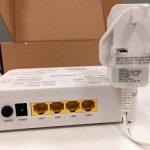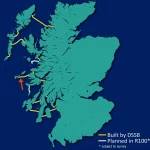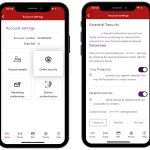Sponsored Links
Illegal UK Broadband ISP File Sharing and its Disputed Solutions
Posted: 18th Jan, 2010 By: MarkJ
 The former founder of OiNK (Alan Ellis, aged 26), a once popular broadband BitTorrent (P2P) file sharing tracker website that hosted links to copyright content such as music and films, was last week found not guilty on charges of "conspiracy to defraud" by the Teesside Crown Court. The case set a precedent but also reminded us of the inherent problems with tackling online piracy among customers of UK broadband ISPs.
The former founder of OiNK (Alan Ellis, aged 26), a once popular broadband BitTorrent (P2P) file sharing tracker website that hosted links to copyright content such as music and films, was last week found not guilty on charges of "conspiracy to defraud" by the Teesside Crown Court. The case set a precedent but also reminded us of the inherent problems with tackling online piracy among customers of UK broadband ISPs.OiNK was shut down in 2007 following a two year investigation by the International Federation of the Phonographic Industry (IFPI) and the British Phonographic Industry (BPI), a court case followed. It's estimated that the website aided in the download of 21 million music files.
In the end it proved too difficult for Rights Holders to win a criminal case against a P2P torrent links website, partly because such activity is still considered to be a civil matter and P2P sites do not actually host any illegal content themselves. Alan Ellis, who made £35k per year from OiNK, was unanimously found not guilty by the jury of 12.

The situation emphasises why Rights Holders are so keen to push through tough new legislation that would force UK broadband ISPs into warning, restricting and possibly even disconnecting customers who become "suspected" of involvement with "illegal downloading". Personal details would also be passed on to Rights Holders, who could use it to start court cases or issue mass threat letters requesting big settlement fines.
Rough Example of the “three-strikes” Process:However the Digital Economy Bill proposals often fail to understand just how technically difficult it is for ISPs to accurately identify illegal downloading and the specific individual responsible; especially when hackers covertly hijack a connection or IP address, which can result in the wrong person being accused of something that they have not done. Encryption methods can also make such activity impossible to validate.
1. Information sent to ISP highlighting several illegal downloads from IPs’ on their network.
2. Strike 1 – Customer told that piracy has been identified on their account and a warning to stop is issued; other warnings may follow.
3. Strike 2 – Customers that fail to adhere to the warnings may face temporary account suspension and or severe service restrictions; details could also be passed onto Rights Holders and an appeal process is offered.
4. Strike 3 – Customer temporarily disconnected from their ISP if illegal activity is perceived to have continued.
Shared Internet access services, such as in businesses and Wi-Fi hotspots, are also an area of difficulty; the owner of the network could easily become responsible for an almost impossible to police action by an unidentifiable user. The concept of any shared network is essentially under threat, especially in a world where modern security can so easily be bypassed.
Then there's also the small matter of defence and appeal. If you're innocent and find yourself accused then it would be almost impossible to prove your case in what is essentially a civil offense without evidence. For example, how do you prove that somebody hijacked your network when they often don’t leave a trace?
The biggest mistake that Rights Holders most frequently make is to assume that those who oppose their ideas are supporters of piracy, an accusation frequently thrown in the direction of ISPs. This is simply untrue, in fact most ISPs suffer capacity problems and heavy costs from such abuse, many would be happier without it.
The difficulty is that many of the extreme solutions being proposed simply go too far; they ignore the real problems and pander purely to commercial interests instead of people. We need more legal alternatives and new economic models; the old ones are already dyeing. Failing to give your consumers what they want and how they want it is the road to self ruin.
In fairness though, ISPs must still carry some of the burden. Warning letters are a good idea and blocking P2P sites or even restricting P2P speeds to repeat abusers might be a tolerable patch; though the more technically minded will always find ways around it. But can we please say goodbye to the idiocy of disconnection? Lord Mandelson says NO.
Search ISP News
Search ISP Listings
Search ISP Reviews
Latest UK ISP News
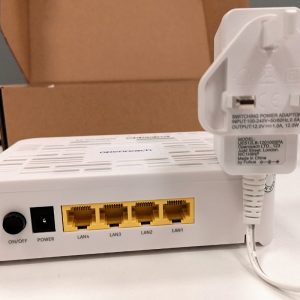

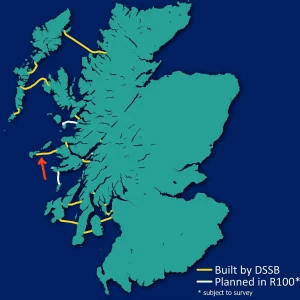

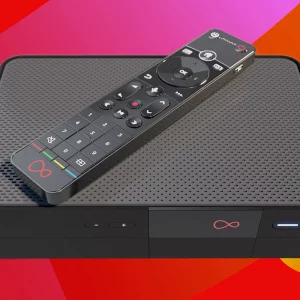
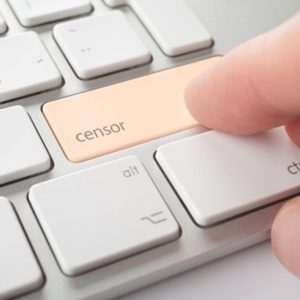


Cheap BIG ISPs for 100Mbps+
150,000+ Customers | View More ISPs
Cheapest ISPs for 100Mbps+
Modest Availability | View More ISPs
Latest UK ISP News
Helpful ISP Guides and Tips
Sponsored Links
The Top 15 Category Tags
- FTTP (6713)
- BT (3862)
- Politics (3032)
- Business (2731)
- Openreach (2626)
- Building Digital UK (2486)
- Mobile Broadband (2433)
- FTTC (2131)
- Statistics (2098)
- 4G (2061)
- Virgin Media (1997)
- Ofcom Regulation (1761)
- 5G (1691)
- Fibre Optic (1586)
- Wireless Internet (1581)
Sponsored
Copyright © 1999 to Present - ISPreview.co.uk - All Rights Reserved - Terms , Privacy and Cookie Policy , Links , Website Rules








